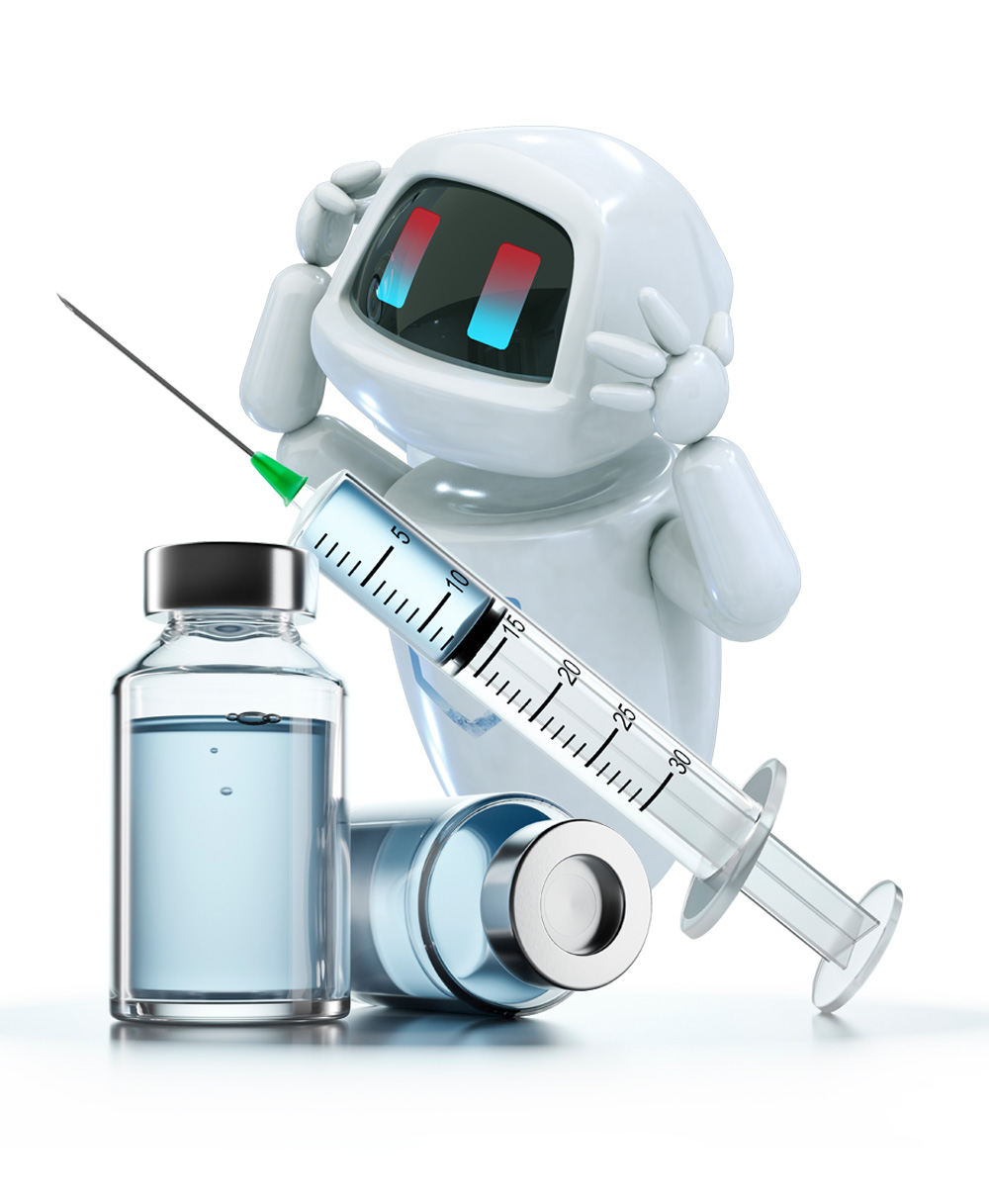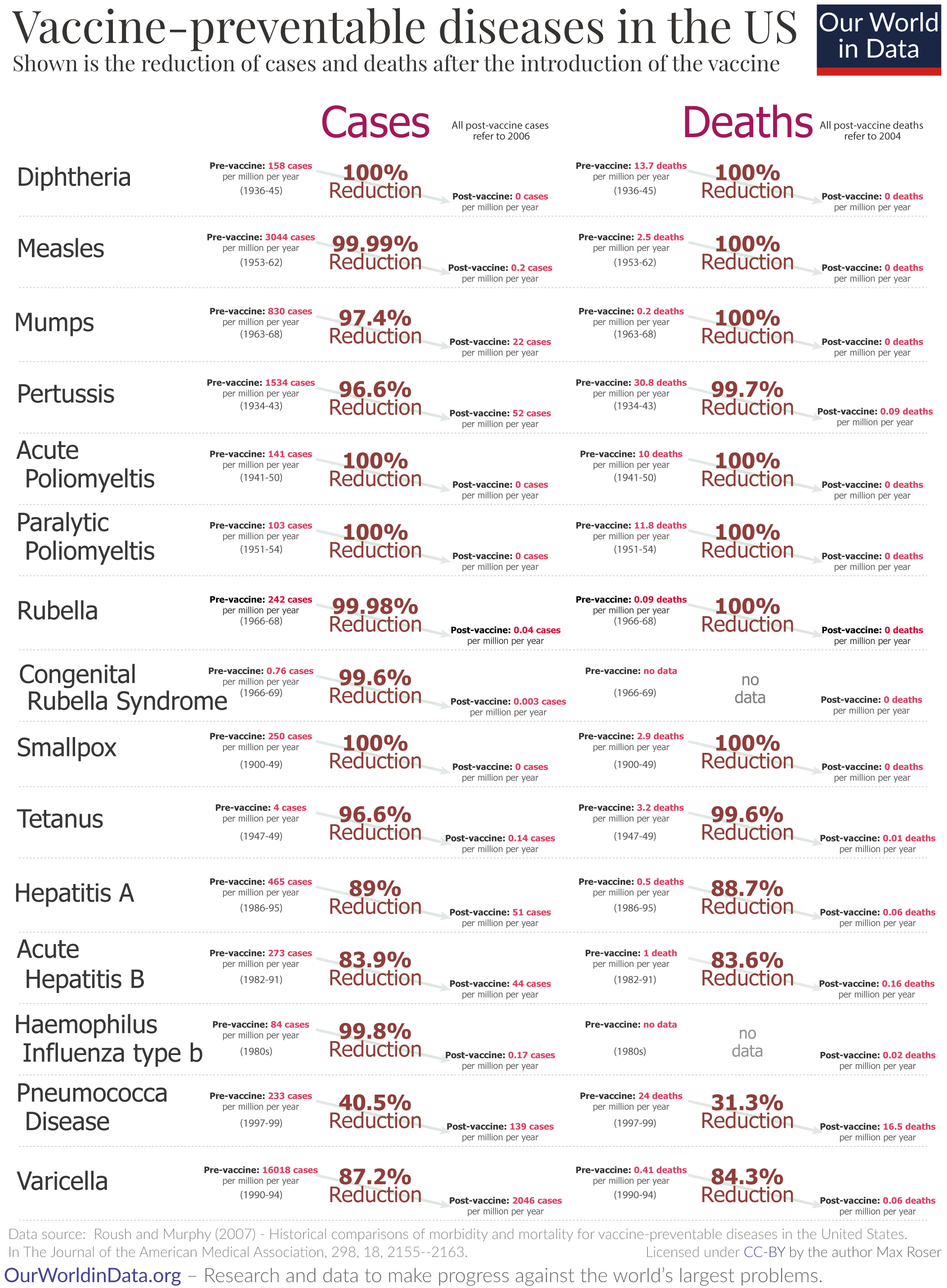Recent years have seen a proliferation of vaccination disinformation making its way through social media. Here we debunk some of the more common misbeliefs around vaccines.
Vaccines save millions of lives every year and are by far one of mankind’s greatest achievements. Despite this – and its indisputable success in curbing COVID-19 – myths abound about both the harm they cause and their dangers, and this has led to fewer parents choosing vaccinations for their children.

Nsovo Mayimele, a pharmacist and Tshwane University lecturer, says, “We classify vaccines as medicines and pharmaceuticals – they aim to heal. You want to heal, prevent or treat a condition. Everything comes with a side effect – everything comes with risk. So because people have experienced various side effects, people would report the side effect but that doesn’t mean the vaccine isn’t worth the risk. During the Covid pandemic, we had new myths spreading – like it’s going to change your DNA. The pandemic introduced new myths that were not known to the common scientist.”
Lives saved by vaccines are counted in the millions, not the thousands, and death by deadly diseases are a rare occurrence rather than a common one. Between 1990 and 2016, global cases dropped dramatically:
- Measles by 93%
- Diphtheria by 89%
- Tetanus by 89%.
But despite their undeniable impact on lives worldwide, vaccine myths have abounded and led to a drop in vaccine use. “If this dynamic continues, it could threaten decades of progress in controlling infectious disease,” writes the New York Times, “The C.D.C. has registered a 1 percentage point drop in childhood vaccinations since the pandemic began […] it’s an awful lot of babies. That could also get you below herd immunity.”
“These vaccines are getting bad raps for very little data,” explains Prof Eftyhia Vardas, Clinical Virologist and Head of Virology Lancet Laboratories.
COMMON VACCINE MYTHS
There are many vaccination misbeliefs and too many to feature here exhaustively, so we’ve highlighted the most widely spread. For more information, we recommend reading up on vaccine myths from the World Health Organisation (WHO), the American Academy of Allergy Asthma and Immunology and more information on Covid-specific vaccine myths from the CDC and John Hopkins Medicine.
Myth: the Covid vaccine causes blood clots
“Unfortunately, people find one little data point and blow it out of proportion,” says Vardas. There is the fact: there are indeed linked cases of blood clots to the Johnson and Johnson vaccine. The myth is that these are common or likely risks of using the vaccine. The cases are actually extremely limited – under a hundred people, from millions of vaccines administered. Despite that, in 2022, John Hopkins Medicine says, “The CDC noted that the two mRNA vaccines, from Pfizer and Moderna, are preferred over the Johnson & Johnson vaccine, which remains available for those who prefer it and for use in certain circumstances.”
Myth: vaccines cause autism
One of the most widespread vaccine myths is the belief that vaccines cause autism. This has been widely debunked and even Autism Speaks explicitly states that there is no link between neurodivergence and vaccines. As the American Academy of Allergy Asthma and Immunology says, “Science has not yet determined the cause of autism and SIDS. These diagnoses are made, though, during the same age range that children are receiving their routine immunizations. The 1998 study that raised concerns about a possible link between measles-mumps-rubella (MMR) vaccine and autism was retracted by the journal that published it because it was significantly flawed by bad science. There is no evidence to link vaccines as the cause of autism or SIDS.”
Myth: Vaccines can cause illness and death
Vaccines are very safe, and come only with minor side effects that showcase your immune system is working, like a sore arm, headache or mild fever. The World Health Organisation (WHO) says, “[Serious adverse events] are so rare that risk cannot be accurately assessed.”
Myth: “Chickenpox parties” are better than vaccines to get exposure to the disease
Varicella or chickenpox parties are a way for parents to prevent exposing their children to the ingredients in a vaccine and yet still ensure immunity through an infection. With Varicella, a childhood infection is safer than an adult one so in this scenario, a child infected with the pox is encouraged to play with children with no infection, in order to spread the disease “naturally”. Prof Vardas explains that a natural infection is not risk-free and Dr Karin van der Merwe, a Johannesburg-based family GP, adds, “The old-fashioned concept of Chickenpox or Varicella parties is a dangerous one. While hoping to contract a mild chickenpox infection to cause immunity, it’s always possible to develop severe complications of chicken pox like encephalitis and pneumonia with long-term medical consequences.”
Myth: So many people are vaccinated, I don’t need to vaccinate my children
Herd immunity is when so many people are immunised or protected against a disease, that the disease has nowhere to spread and dies. Gavi, The Vaccine Alliance, explains that this is how smallpox was eradicated. However, this reliance on herd immunity, without actually getting vaccinated, can lead to the herd immunity breaking and everyone can once again be put at risk. This is what we’re currently seeing with measles and mumps outbreaks across South Africa. Gavi explains, “When herd immunity is well established, however, some people choose to behave as ‘free riders’, essentially benefitting from everyone else getting vaccinated, while abstaining from vaccination either because they choose not to or are actively anti-vaccination. When a population has too many of these free riders, the overall immunity level is compromised and herd immunity can be lost, putting everyone at risk.”
THE SUCCESS OF VACCINES: IN 3 CHARTS
Vaccines have literally changed and saved lives, in the millions. But that data can be hard to visualise, so we collected three charts to show you the success story in a way that can be mindblowing to see on a wider scale.
European Commission
“Vaccination saves between 1 and 3 million lives worldwide every year.”
Vox: Reduction of cases and deaths of vaccine-preventable diseases in the United States after the introduction of the vaccine
“This infographic by Our World in Data’s Max Roser runs down how much immunization has reduced the incidence and death toll of 15 diseases in the United States.”
Information is Beautiful
“Vaccines are one of the most cost-effective health technologies ever invented.”
IN SHORT
Vaccines can feel scary because there is an element of the unknown. However, the research and case studies of millions of people who have taken millions of doses worldwide, showcases that vaccines are safer than the minuscule risks they pose.
Contact us to find the right refrigeration needs for your business.






